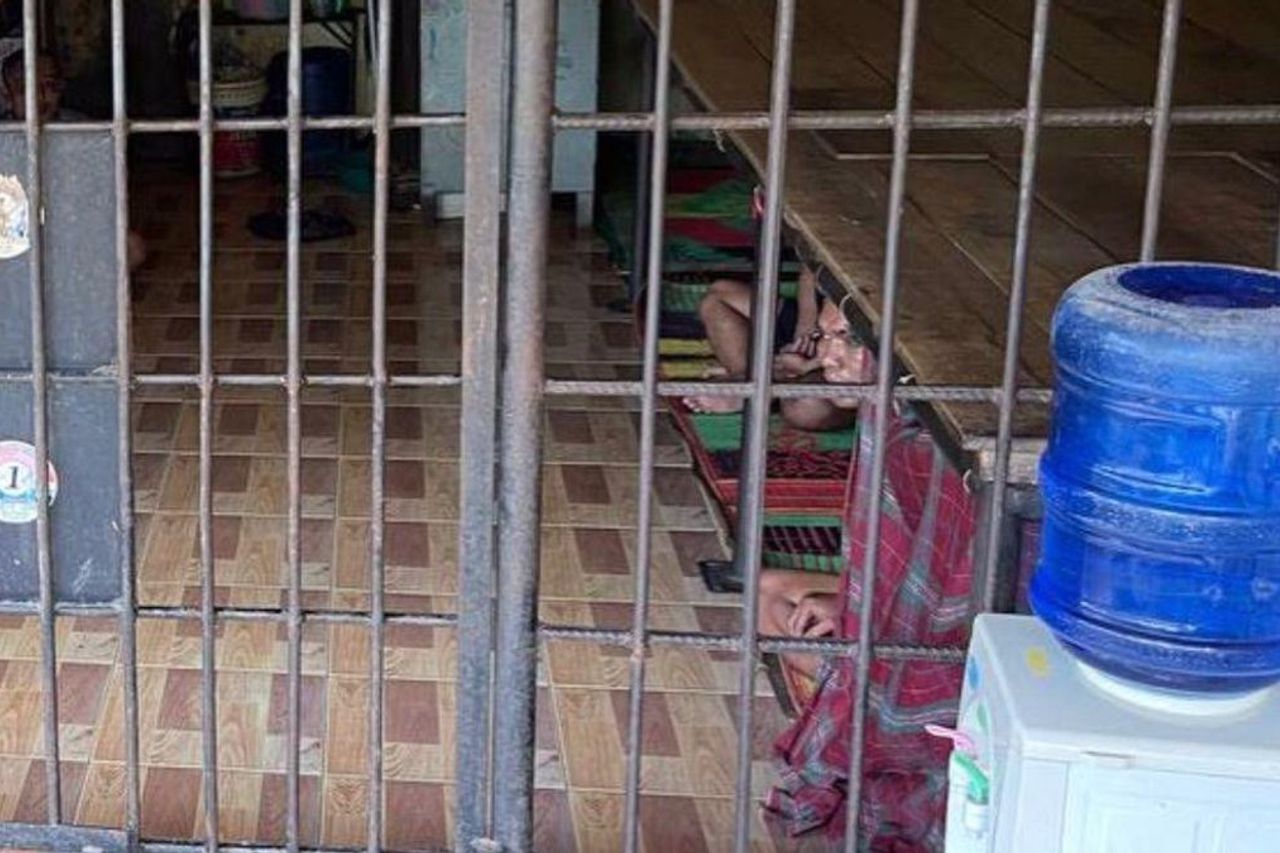30 People Contained In 'Prison' Belonging To The Regent Of Langkat Terbit Warin Angin Brought To Their Home By The Family

JAKARTA - As many as 30 people who were confined to a cell similar to a prison at the house of the Regent of Langkat, North Sumatra, were brought to their home by their families. In fact, these 30 people had wanted to be taken by officers to a rehabilitation center.
“30 people have been returned to their families, if they need to be fostered, we recommend that they go to a rehabilitation center. But their parents took them to their house," said Karo Penmas of the Public Relations Division of the National Police Brigadier General Ahmad Ramadhan to reporters, Tuesday, January 25.
Currently, the police are still investigating the alleged slavery of dozens of people who were trapped by the Terbit Angin Warin Plan.
“The team is still digging, still studying, not yet conducting an inspection. We are still exploring, digging for information. The point is it's still under investigation," Ramadhan continued.
Migrant Care FindingsThe Indonesian Association for Sovereign Migrant Workers, Migrant Care, revealed that 40 palm oil workers who were locked up in the house of the inactive Langkat Regent, Terbit Plan Warin Angin, were subjected to cruel treatment.
This was conveyed by Migrant Care representative, Anis Hidayah when reporting this condition to the National Human Rights Commission (Komnas HAM). He said the human cage to this cruel treatment was opened when the Corruption Eradication Commission (KPK) ensnared Terbit Plan in a sting operation (OTT).
"There are oil palm workers who work in their fields. In fact, we found seven cruel treatments suspected of being a form of modern slavery and human trafficking," said Anis at the Komnas HAM Office, Jalan Latuharhary, Central Jakarta, Monday, January 24.
Anis then detailed the seven cruel treatment of dozens of oil palm plantation workers. First, they were locked in an iron cage like an iron prison that was locked on the outside.
He said the iron cage became a place to accommodate workers in oil palm plantations. "Thirdly, they don't have access anywhere," he said.
"Fourthly, they were tortured by beatings, bruising, and wounds. Fifth, they were fed improperly only twice a day," added Anis.
While working, they are not paid. Lastly, they cannot communicate with outsiders.
"So based on the case, we report it to Komnas HAM. Because in principle it is very heinous," he said.
